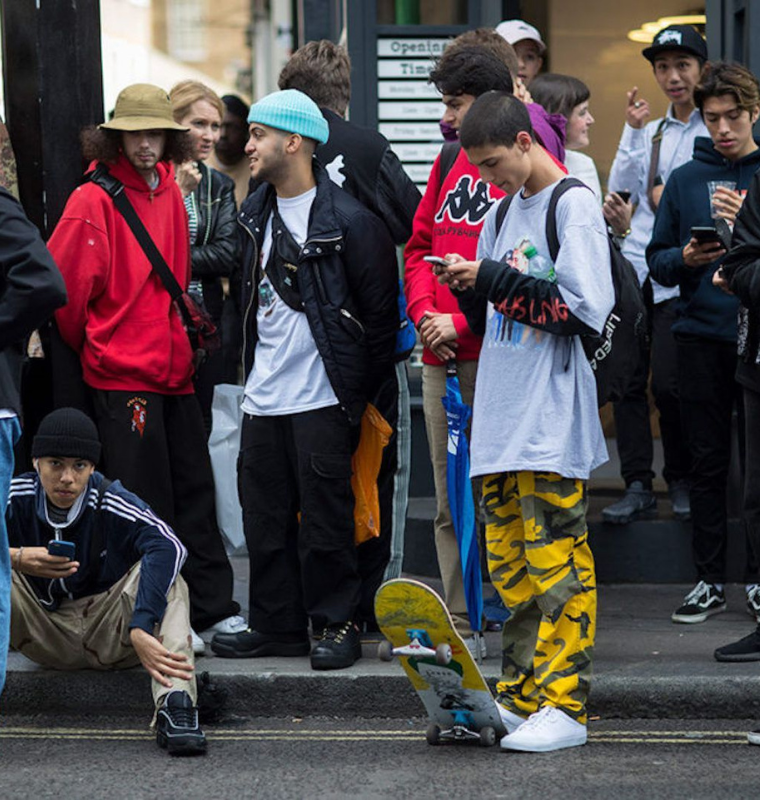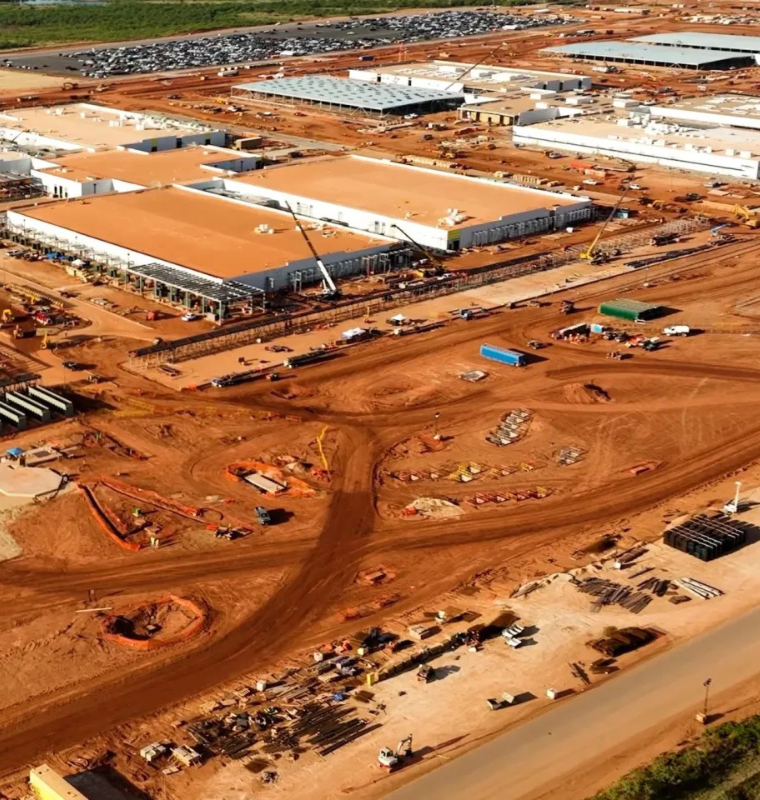Nestlé Ousts CEO Laurent Freixe Over Undisclosed Relationship With Subordinate
Nestlé Ousts CEO Laurent Freixe Over Undisclosed Relationship With Subordinate
By
Leah Rosenfeld
Last updated:
September 2, 2025
First Published:
September 2, 2025
.jpg)
Photo: Bloomberg.com
Leadership Shake-Up at Nestlé
Nestlé, the world’s largest food and beverage company, has dismissed CEO Laurent Freixe after discovering he failed to disclose a romantic relationship with a subordinate. The announcement, made Monday, comes just one year after Freixe assumed the top role, marking another abrupt leadership change for the Swiss multinational.
The company emphasized that the decision followed an internal investigation led by Chairman Paul Bulcke and Lead Independent Director Pablo Isla. Nestlé said the relationship violated its code of business conduct, forcing the board’s hand.
Bulcke described the move as “necessary” to uphold corporate values, while thanking Freixe for his long service. “Nestlé’s values and governance are strong foundations of our company. We are not changing course on strategy, and we will not lose pace on performance,” he said.
Philipp Navratil Steps In as Successor
Nestlé has appointed Philipp Navratil, a company veteran who most recently headed its Nespresso coffee unit, as Freixe’s immediate successor. Navratil, who joined Nestlé in 2001 as an internal auditor, has held senior positions across Central America, Mexico, and global coffee operations.
His leadership of Nespresso since July 2024 and recent appointment to the executive board on January 1 this year positioned him as a rising figure within Nestlé. Industry analysts say his experience in coffee—a critical growth segment—could provide stability at a time of heightened consumer and market challenges.
Broader Corporate Turmoil
Freixe’s dismissal adds to a growing list of high-profile executive exits in the global consumer goods sector. In 2024, Unilever, Diageo, and Hershey all faced significant management reshuffles. Similarly, U.S. retailer Kohl’s fired CEO Ashley Buchanan after just over 100 days, citing conflicts of interest tied to a personal relationship with a vendor.
The turnover reflects mounting pressure on multinationals as they navigate slowing global demand, inflationary pressures, and the looming threat of trade tariffs that could impact supply chains.
Nestlé’s Governance and Market Outlook
Nestlé, whose portfolio includes household names such as KitKat, Nespresso, and Nesquik, has faced questions about leadership continuity in recent months. Chairman Paul Bulcke announced in June that he would step down in 2025, raising concerns about additional transitions at the top.
Despite the turmoil, Nestlé insists its strategy remains intact. Analysts note that the company continues to pursue growth in health-focused food categories, premium coffee, and emerging markets, while managing headwinds from shifting consumer demand and geopolitical trade disputes.
The leadership change comes at a sensitive time for Nestlé, which employs over 270,000 people globally and generates annual sales exceeding $100 billion. The company’s ability to maintain momentum while addressing governance challenges will be closely watched by investors and competitors alike.
Popular articles
Subscribe to unlock premium content
Why Consumers Buy Limited-Edition Fashion and Beauty Products

How K-Beauty Changed the Global Skincare Industry and Consumer Expectations

How Streetwear Became a Billion-Dollar Industry From Niche to Mainstream

Why Consumers Buy Limited-Edition Fashion and Beauty Products

How K-Beauty Changed the Global Skincare Industry and Consumer Expectations

Why Consumers Buy Limited-Edition Fashion and Beauty Products









